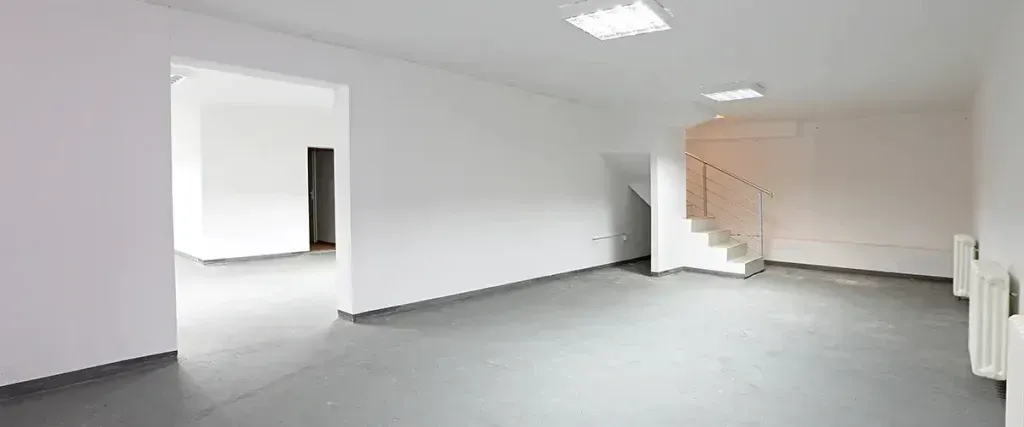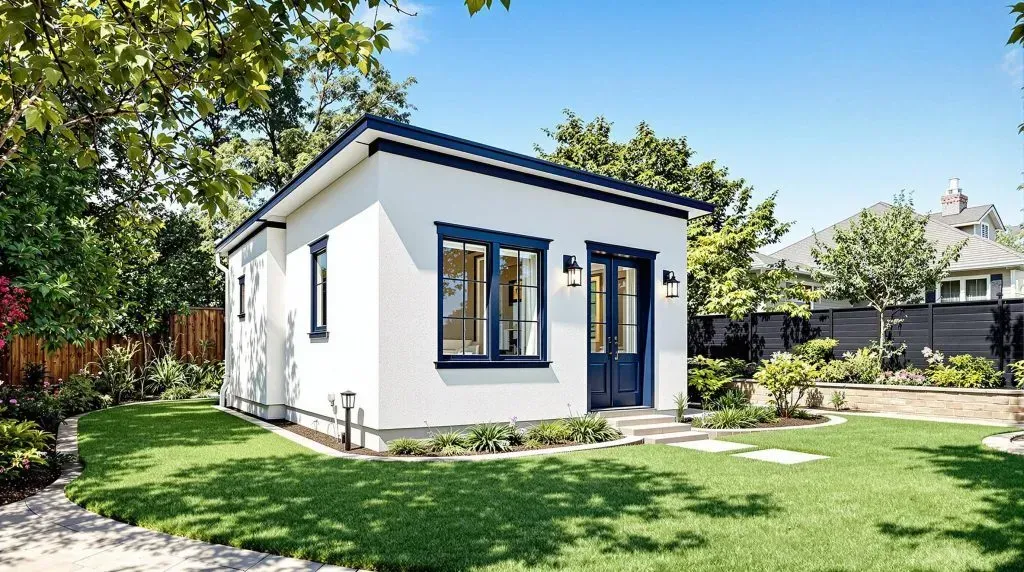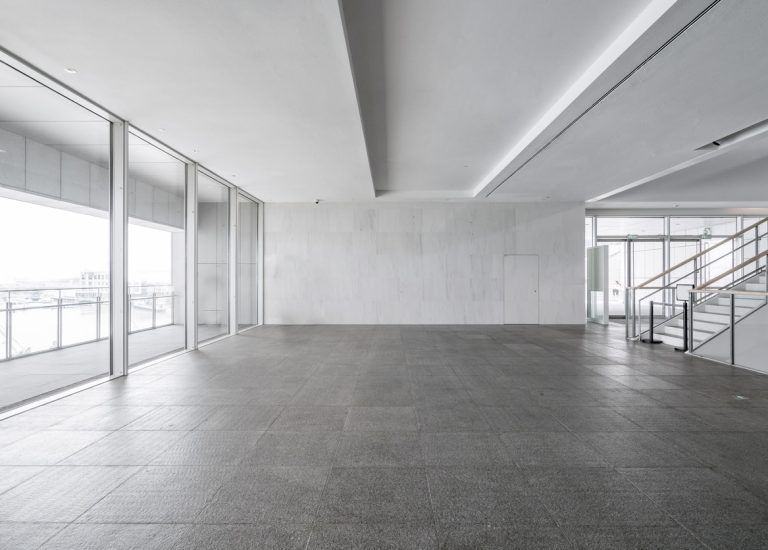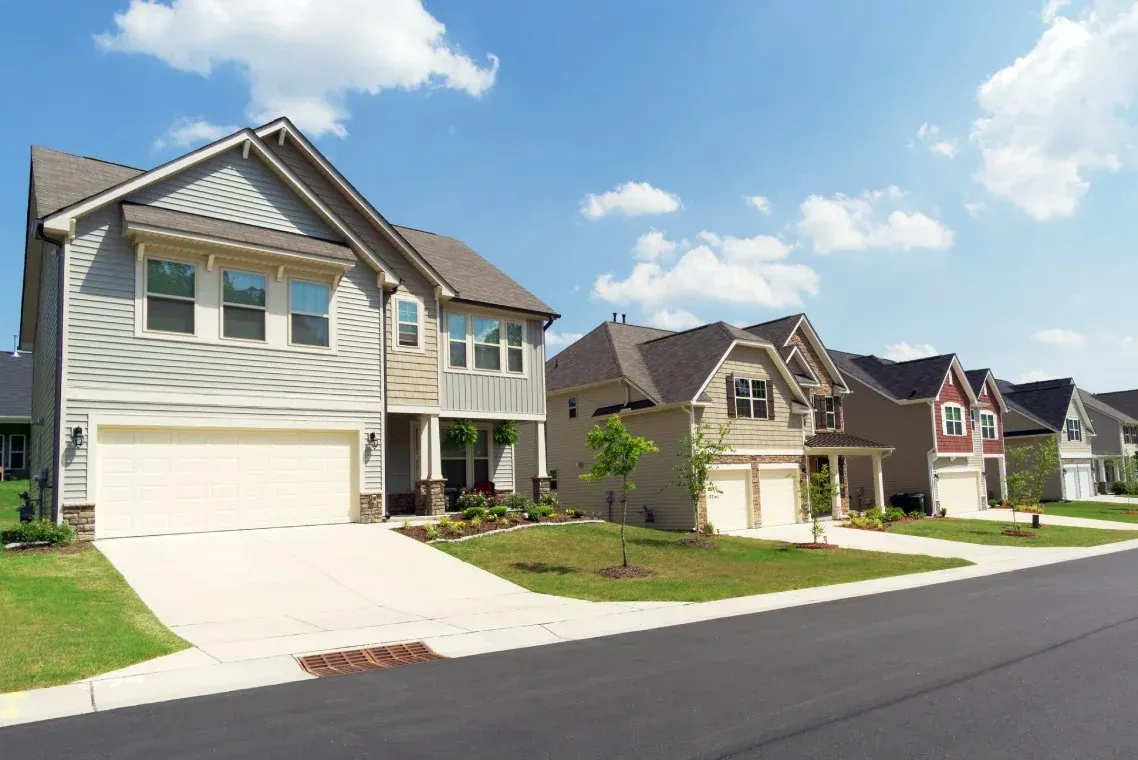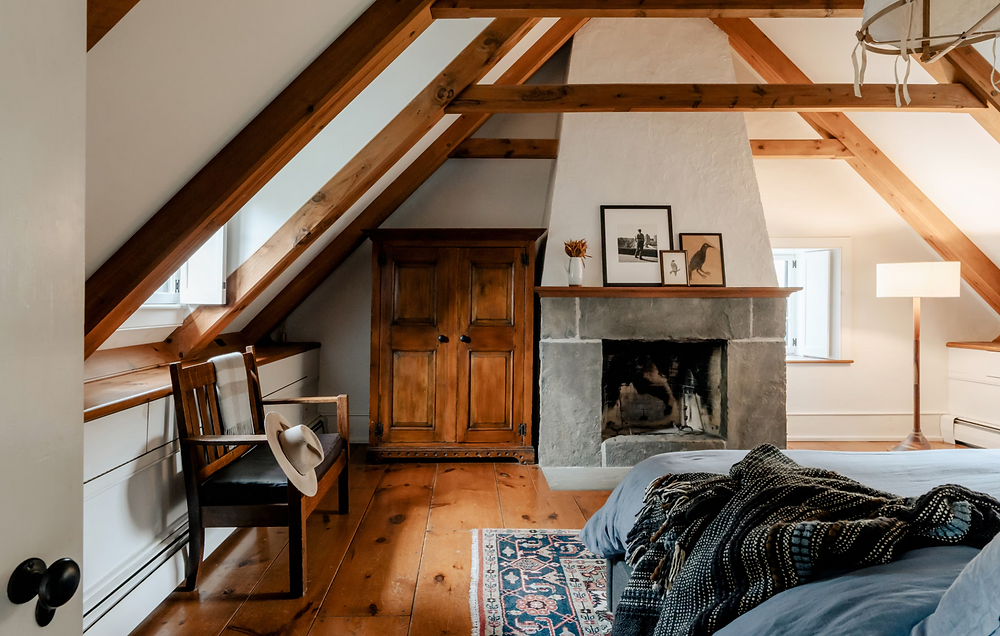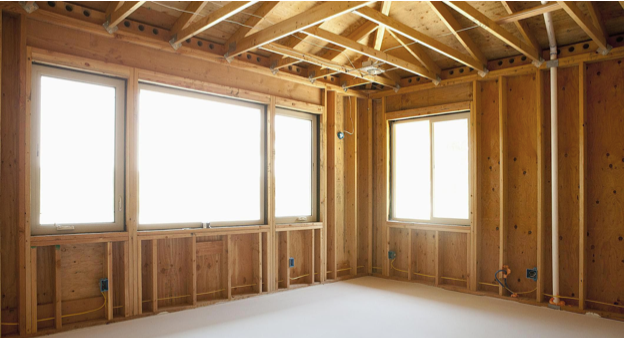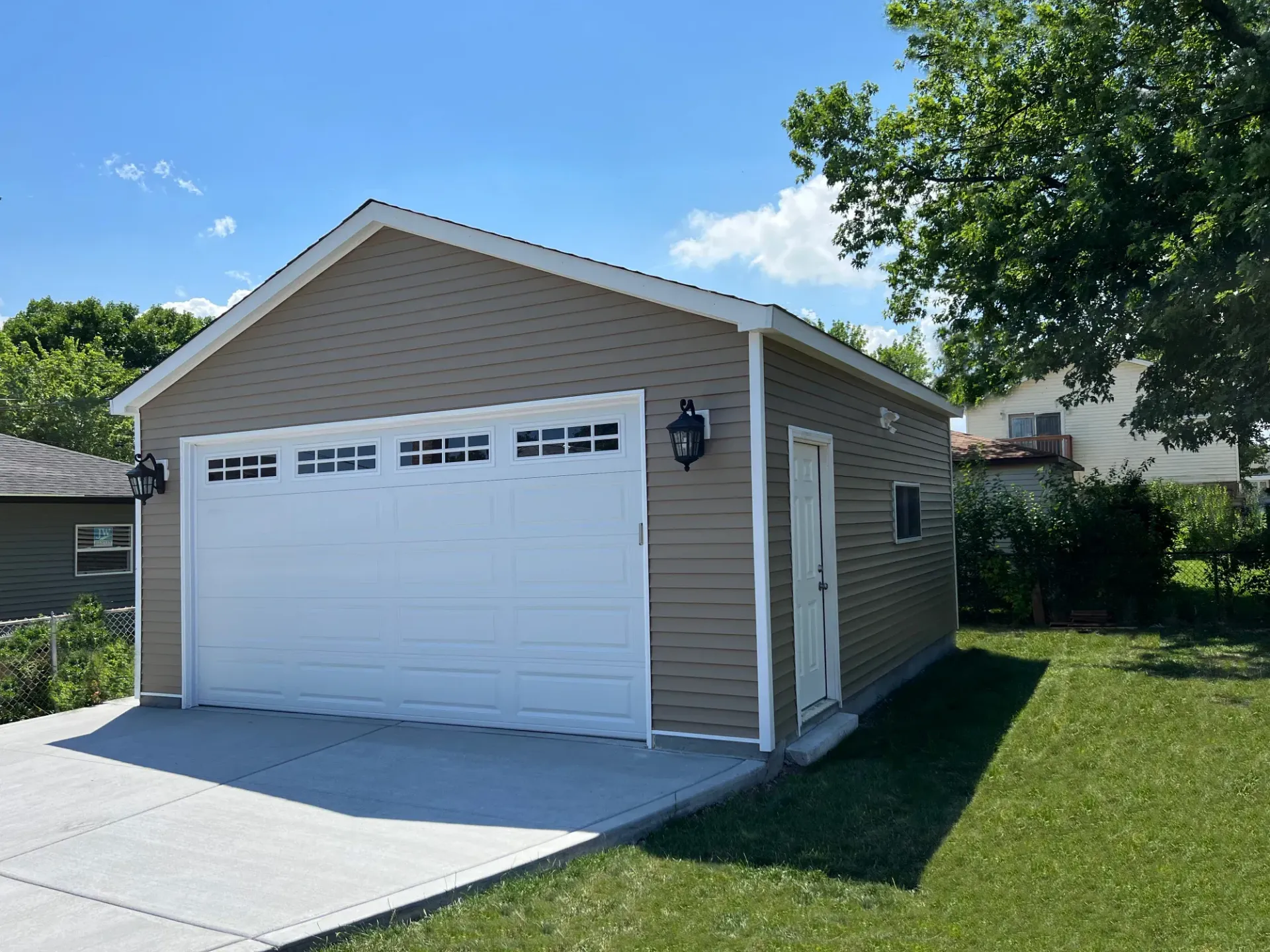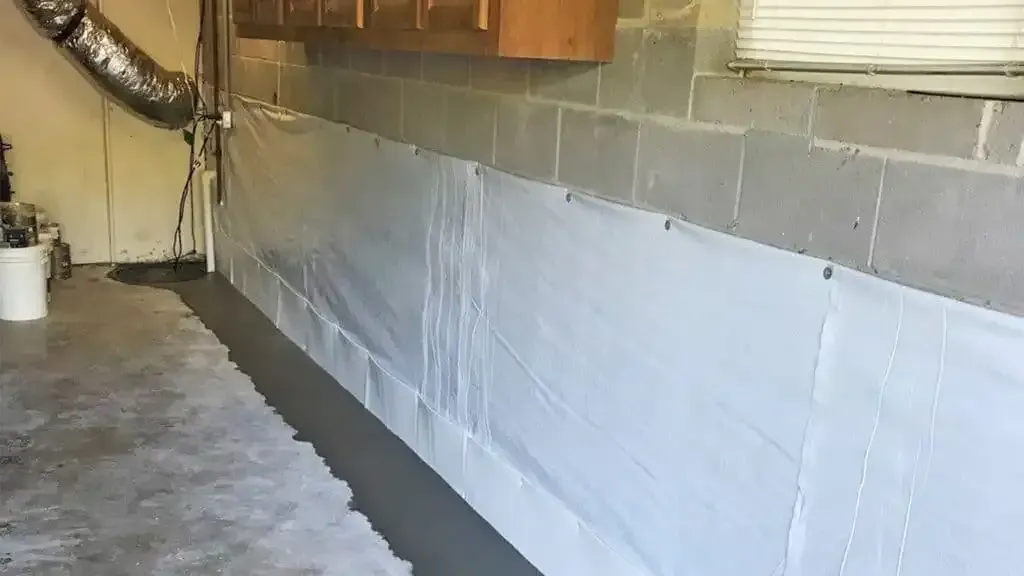Best Patio Designs for Rhode Island's Climate and Weather
Rhode Island's humid continental climate presents unique challenges and opportunities for patio design. With temperatures ranging from 21°F to 83°F annually, coastal salt air, and significant seasonal weather variations, choosing the right patio design for Rhode Island's climate is essential for long-term durability and year-round enjoyment.
What Are the Best Patio Materials for Rhode Island's Climate?
The best patio materials for Rhode Island's climate are natural stone (especially granite and bluestone), composite decking, and porcelain pavers. These materials withstand Rhode Island's freeze-thaw cycles, resist salt air corrosion, and maintain structural integrity through humid summers and snowy winters while requiring minimal maintenance.
Understanding Rhode Island's Climate Challenges for Outdoor Spaces
Rhode Island experiences warm summers and very cold, snowy winters with temperatures typically varying from 21°F to 83°F, creating specific design requirements for durable patio construction. The state's humid continental climate is heavily influenced by the Atlantic Ocean, adding coastal salt air considerations to standard New England weather challenges.
Key Climate Factors Affecting Rhode Island Patios:
Winter Challenges:
- Freeze-thaw cycles that can crack inferior materials
- Snow loads requiring proper structural support
- Ice formation demanding effective drainage systems
- Salt air corrosion affecting metal components
Summer Considerations:
- High humidity levels promoting mold and mildew growth
- Coastal storms requiring wind-resistant installations
- UV exposure that fades and degrades certain materials
- Temperature fluctuations causing material expansion and contraction
Top Weather-Resistant Patio Materials for Rhode Island
1. Natural Stone Patios - The Gold Standard
Granite and Bluestone excel in Rhode Island's climate due to their:
- Freeze-thaw resistance preventing winter cracking
- Non-porous surfaces that resist moisture absorption
- Salt air tolerance without corrosion concerns
- Timeless aesthetics that complement New England architecture
Best for: Permanent installations, high-traffic areas, coastal properties
Lifespan: 50+ years with proper installation
Maintenance: Annual sealing recommended
2. Composite Decking - Modern Durability
High-quality composite materials offer Rhode Island homeowners:
- Moisture resistance preventing rot and decay
- Temperature stability reducing warping and splitting
- Low maintenance requirements ideal for busy lifestyles
- Slip-resistant surfaces crucial for wet coastal conditions
Best for: Multi-level designs, modern homes, families with children
Lifespan: 25-30 years
Maintenance: Periodic cleaning only
3. Porcelain Pavers - Premium Performance
Large-format porcelain pavers provide:
- Zero water absorption eliminating freeze damage
- Stain resistance against salt air and organic matter
- Color stability under intense UV exposure
- Easy installation with proper pedestal systems
Best for: Contemporary designs, rooftop applications, luxury installations
Lifespan: 30+ years
Maintenance: Minimal - occasional cleaning
4. Concrete Pavers - Versatile Value
Quality concrete pavers designed for Rhode Island climate feature:
- Permeable options for superior drainage
- Integral color that won't fade over time
- Interlocking systems that accommodate ground movement
- Repair flexibility for individual unit replacement
Best for: Large areas, traditional designs, budget-conscious projects
Lifespan: 20-25 years
Maintenance: Joint sand replenishment every 2-3 years
Climate-Smart Patio Design Features for Rhode Island
Essential Drainage Solutions
Rhode Island's significant precipitation (average 47 inches annually) requires:
- Proper slope (minimum 1/4 inch per foot away from structures)
- French drain systems for areas with poor natural drainage
- Permeable paving options to reduce runoff
- Gutter and downspout integration preventing water damage
Wind-Resistant Structures
Coastal wind exposure demands:
- Engineered footings meeting local building codes
- Hurricane-rated fasteners for all structural connections
- Flexible design elements that can move without breaking
- Secure furniture anchoring systems
Temperature Management Features
Rhode Island's temperature swings require:
- Expansion joints in large paved areas
- Flexible material connections preventing stress cracks
- Proper ventilation under covered areas
- Thermal break materials where different surfaces meet
Seasonal Patio Design Considerations for Rhode Island
Spring Design Elements
- Quick-draining surfaces for early season use
- Frost-resistant plantings that survive late cold snaps
- Mold-resistant materials in humid spring conditions
- Easy cleaning access for winter debris removal
Summer Optimization
- Shade structures rated for coastal winds
- Heat-reflective surfaces reducing barefoot burning
- Ventilation features improving air circulation
- UV-resistant finishes preventing premature aging
Fall Preparation Features
- Leaf management systems preventing drainage blockages
- Weather protection for valuable outdoor furniture
- Heating elements extending the outdoor season
- Storm preparation anchor points and storage
Winter Resilience
- Snow removal accessibility without surface damage
- Ice-resistant textures preventing slip hazards
- Protected storage for seasonal items
- Structural snow load capacity meeting building codes
Rhode Island Microclimate Considerations
Coastal Areas (Newport, Narragansett, Westerly)
- Salt spray resistance for all materials and finishes
- Enhanced wind ratings for structures and furnishings
- Corrosion-resistant hardware (stainless steel, aluminum)
- Moisture management preventing salt buildup
Inland Areas (Woonsocket, Cranston, West Warwick)
- Greater temperature extremes requiring robust materials
- Snow load calculations for covered structures
- Soil conditions affecting foundation requirements
- Drainage considerations for clay-heavy soils
Urban Areas (Providence, Pawtucket)
- Air quality considerations affecting material selection
- Heat island effects requiring cooling strategies
- Limited space optimization for maximum functionality
- Noise reduction features improving comfort
Cost-Effective Climate-Appropriate Patio Designs
Budget-Friendly Options ($5,000-$15,000)
- Concrete paver patios with proper base preparation
- Pressure-treated lumber decks with quality fasteners
- Gravel patios with landscape fabric and edging
- Basic drainage improvements preventing water damage
Mid-Range Solutions ($15,000-$35,000)
- Composite decking systems with hidden fasteners
- Natural stone patios with professional installation
- Pergola structures with retractable canopies
- Integrated lighting for year-round enjoyment
Premium Installations ($35,000+)
- Porcelain paver systems with pedestal installation
- Custom stone work with integrated water features
- Climate-controlled outdoor rooms for four-season use
- Smart irrigation and automated weather protection
Professional Installation Benefits for Rhode Island Climate
Proper Foundation Work
- Frost line compliance preventing heaving and settling
- Drainage integration with existing site conditions
- Soil analysis determining appropriate base materials
- Building code adherence ensuring long-term performance
Weather-Resistant Construction
- Material compatibility preventing premature failure
- Expansion accommodation in design and installation
- Quality control during weather-sensitive installation phases
- Warranty protection covering climate-related issues
Regional Building Code Compliance
Rhode Island patio projects must consider:
- Setback requirements varying by municipality
- Permit requirements for structures over certain sizes
- Accessibility compliance for new construction
- Environmental regulations in coastal and wetland areas
Always consult local building departments and consider professional design services for complex projects.
Maintenance Schedules for Rhode Island Climate
Spring Maintenance (March-May)
- Inspect drainage systems after freeze-thaw cycles
- Clean surfaces removing winter salt and debris
- Check fasteners for corrosion or loosening
- Assess plant damage and plan replacements
Summer Maintenance (June-August)
- Power wash surfaces removing mold and mildew
- Inspect shade structures for wind damage
- Maintain drainage clearing summer storm debris
- Apply protective treatments as manufacturer recommended
Fall Preparation (September-November)
- Seal natural stone before winter moisture
- Store furniture or apply protective covers
- Clear gutters preventing ice dam formation
- Winterize water features preventing freeze damage
Winter Care (December-February)
- Safe snow removal using plastic tools on surfaces
- Monitor drainage preventing ice buildup
- Check structural integrity after major storms
- Plan spring improvements during downtime
Future-Proofing Your Rhode Island Patio
Climate change in Rhode Island is increasing both flood and drought intensity, making adaptive design increasingly important:
- Enhanced drainage capacity for increased precipitation
- Heat-resistant materials for rising temperatures
- Flexible design elements accommodating changing conditions
- Sustainable materials reducing environmental impact
Ready to build a patio that thrives in Rhode Island's unique climate?
Rockhouse Construction specializes in weather-resistant patio design and installation throughout Rhode Island. Our team understands the specific challenges of coastal New England weather and uses only the highest quality materials and proven installation techniques. From initial design consultation to final installation, we ensure your patio investment will provide decades of enjoyment regardless of what Rhode Island's weather brings.
Contact us today for a free consultation and discover how we can create the perfect climate-smart patio for your Rhode Island home.
